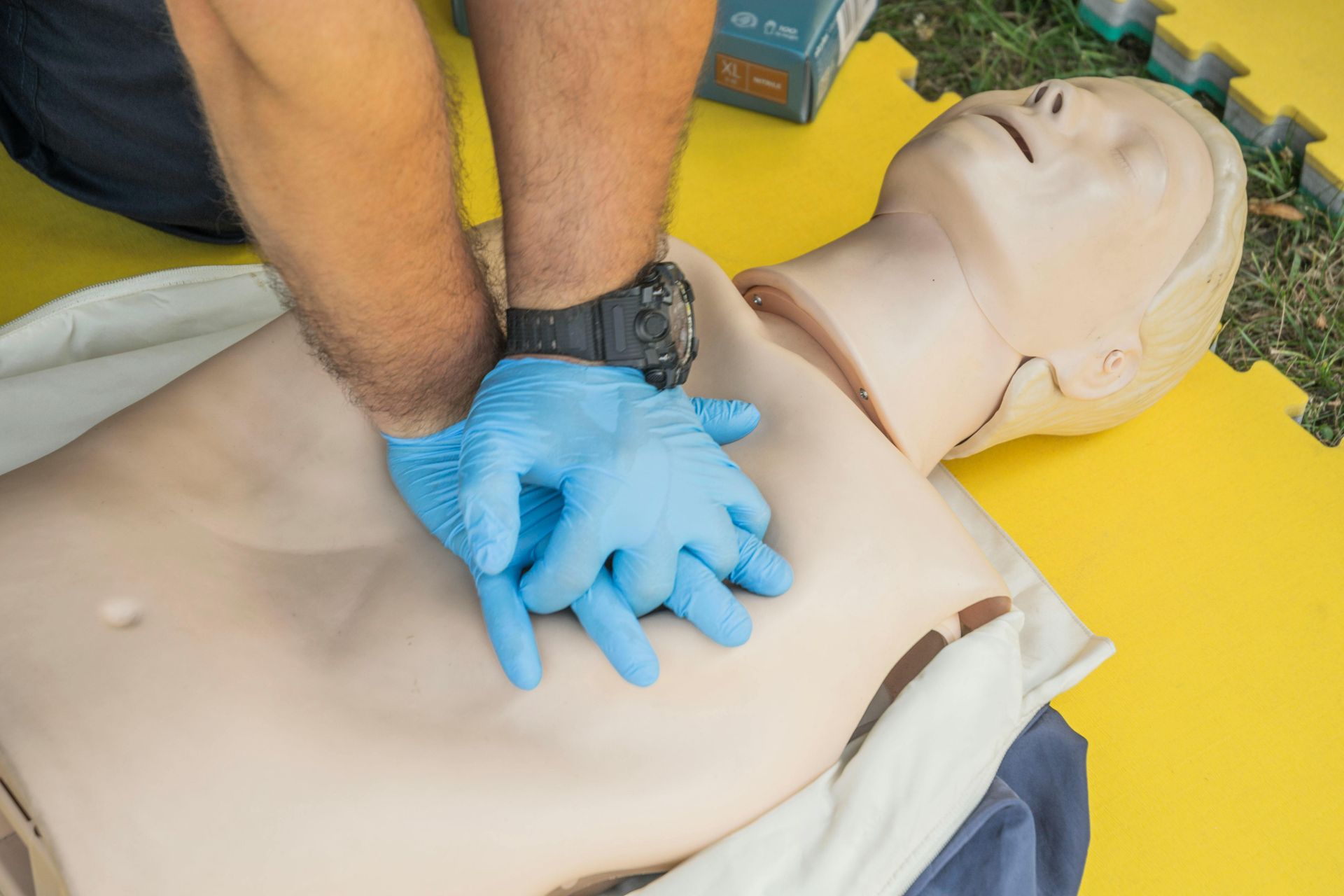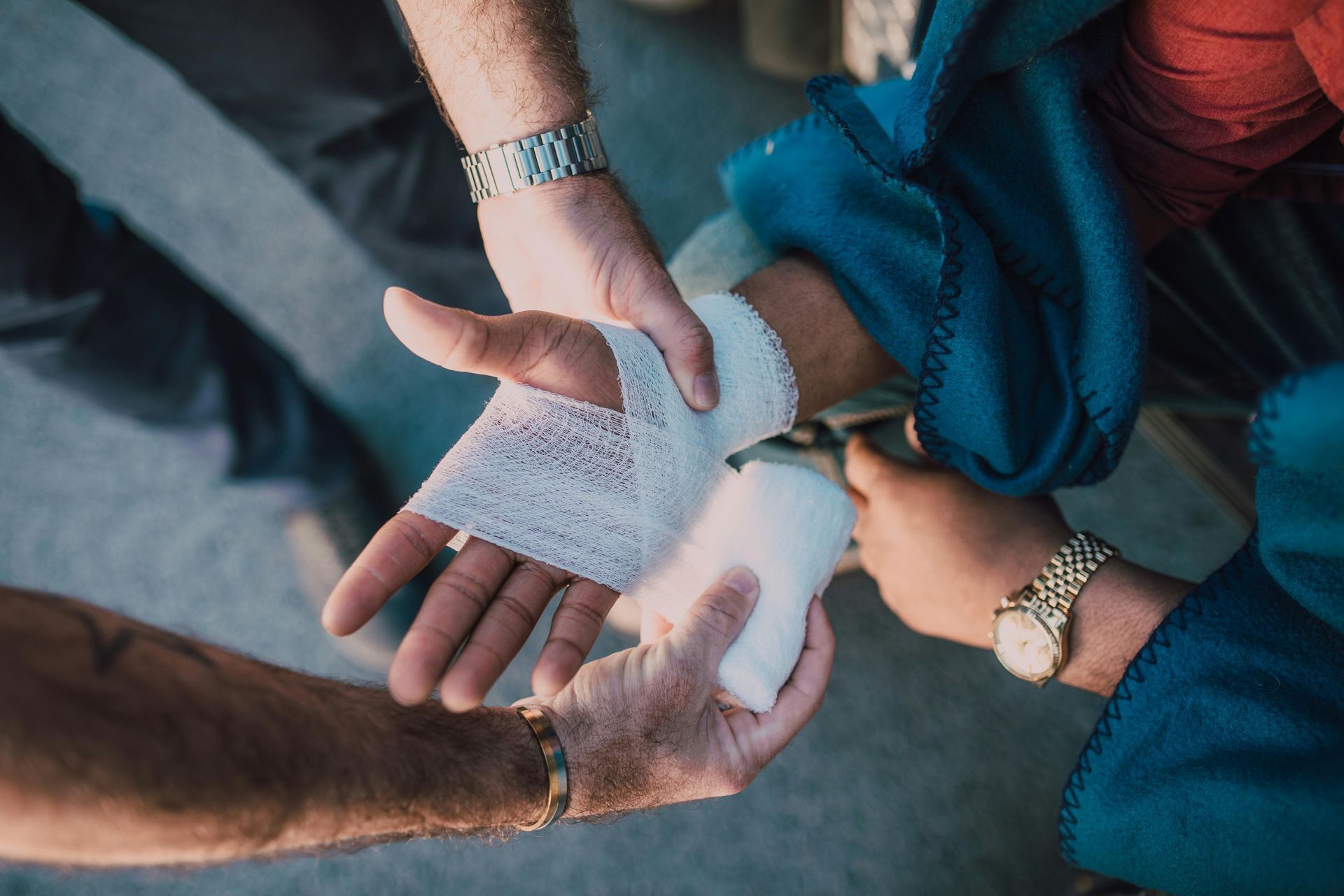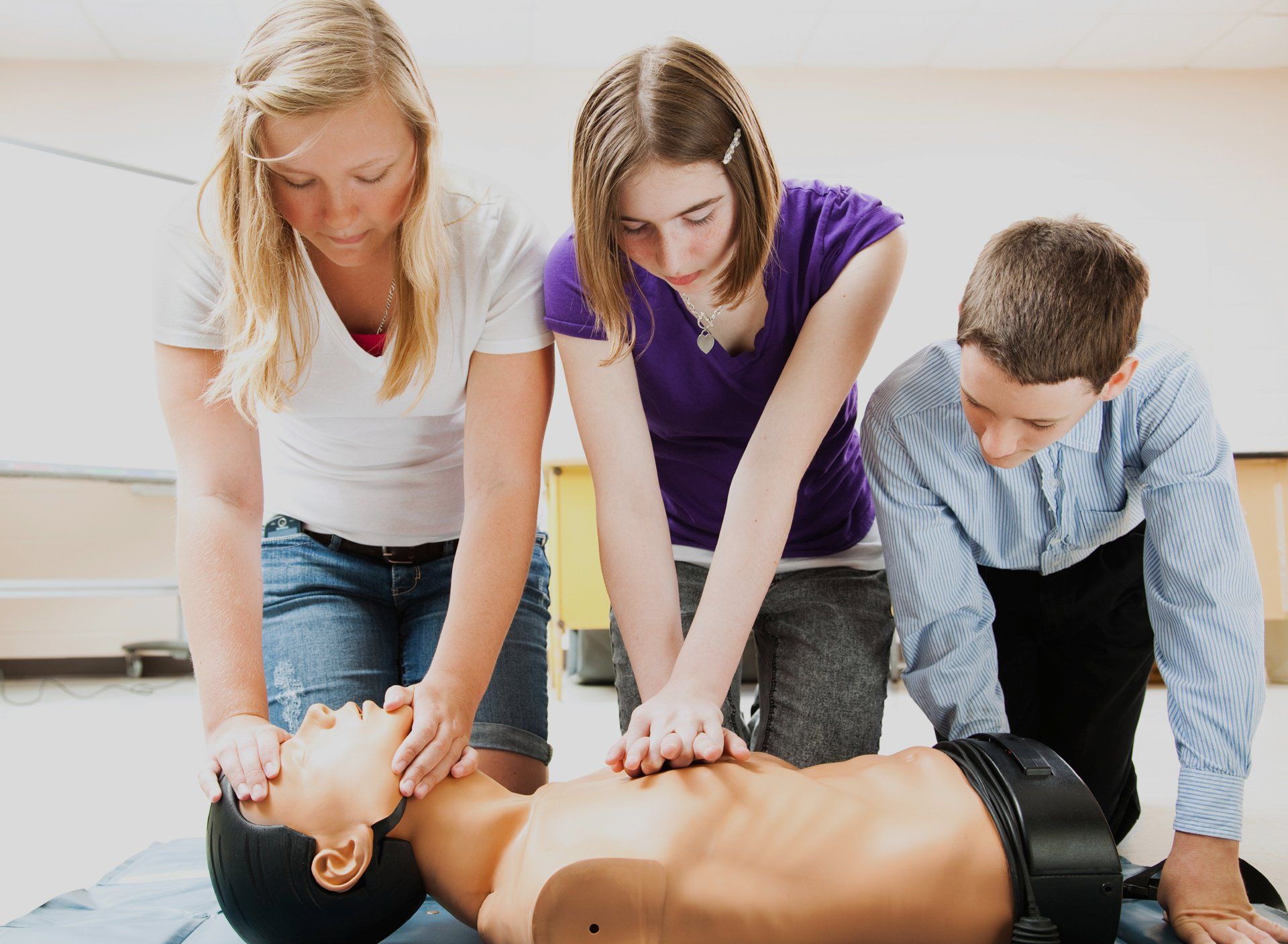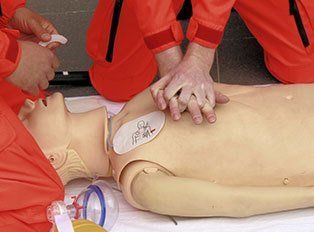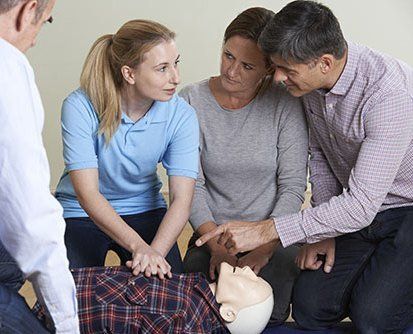The Role of CPR in Physical Therapy Practices
Why CPR Matters in Physical Therapy Settings
Physical therapy practices are cornerstones of recovery and rehabilitation. They guide patients in restoring movement, function, and independence after injuries or surgeries. Yet, amidst the controlled environments of therapy rooms and treatment plans, the need for emergency preparedness often takes a backseat.
One critical aspect of this preparedness is CPR training. For physical therapists and their staff, CPR isn’t just an additional credential—it can be a matter of life and death. Understanding why CPR is essential in physical therapy practices could make the difference in emergency situations, ensuring patient safety and improving outcomes.
The Importance of CPR and Physical Therapy
Clinical environments, including physical therapy centers, are places where patients' physical limits are constantly being tested. While this is a crucial part of rehabilitation, it also introduces a risk of medical emergencies arising unexpectedly. Here’s why CPR training is indispensable in these settings:
1. High-Risk Patient Populations
Physical therapy often serves individuals with pre-existing conditions such as heart disease, respiratory issues, or other chronic conditions. These underlying health issues can predispose patients to cardiac or respiratory events during therapy sessions.
Imagine a patient undergoing cardiac rehabilitation or post-stroke recovery and suddenly experiencing cardiac arrest. Without swift CPR intervention, the chances of survival decrease dramatically. Having CPR-trained staff ensures immediate action if such an event occurs, possibly saving a life before emergency medical services arrive.
2. Emergencies Can Happen Anywhere, Anytime
Despite the controlled nature of physical therapy practices, emergencies are inherently unpredictable. A patient could collapse in the middle of a treadmill session or suffer a medical episode on a treatment table. CPR-certified team members can act as first responders, delivering chest compressions and rescue breaths until professional help arrives. This rapid response is critical as brain damage can begin within minutes of oxygen deprivation.
3. Compliance and Professional Responsibility
Healthcare providers, including physical therapists, have an ethical responsibility to ensure patient safety at all times. CPR certification not only equips therapists with lifesaving skills but also reinforces their role as trusted healthcare professionals.
Furthermore, many states and accrediting bodies require CPR certification as part of licensure or practice regulations. Keeping staff members certified with current CPR techniques ensures compliance with legal requirements and maintains the credibility of the practice.
Be Prepared with Physical Therapy CPR Training
There are plenty of benefits to an organization having a CPR-trained staff, especially in medical-based fields such as physical therapy. Having a CPR-certified team can increase the confidence of patients who know their healthcare providers are trained to handle emergencies. A trained staff can also significantly reduce response times, providing lifesaving care without hesitation. CPR training can promote teamwork, creating a culture of readiness and ensuring all staff members know their roles during emergencies. Finally, CPR training can minimize the risk of liability in case of adverse events. Physical therapy specialists can expect to find themselves at some point in a scenario where lifesaving skills will be needed. It's to an organization's benefit to have a staff that knows physical therapy CPR training and follows established safety protocols.
Begin First Aid Training Now to Save Lives
Emergencies are rare but unavoidable in any healthcare setting. For physical therapy practices, being CPR-certified isn’t just about meeting regulatory standards—it’s about ensuring that your patients are always in safe hands. A single moment of preparedness can mean the difference between life and loss.
Don’t leave your practice unprepared. Take the next step to ensure patient safety by investing in CPR training for your staff. SAV-A-LIFE Skills Training Center makes it simple, effective, and tailored to your specific needs. Explore our CPR training programs today and equip your practice with the skills to handle emergencies with confidence. We offer AED training, CPR certification training, first aid training, and more to ensure employee safety. Contact us today for physical therapy CPR training in San Angelo, TX.

